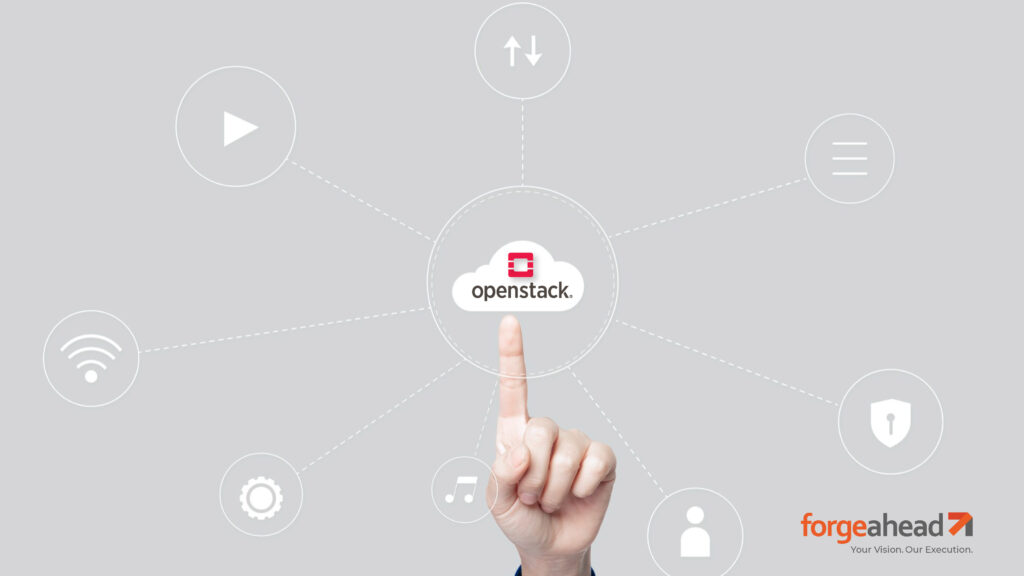Last updated on May 22nd, 2024
Even while technology advances and more and more advanced programming languages come into the market, Java still seems to be the most preferred programming language amongst developers. Over the years Java has developed as a consistent option offering exceptional capabilities and development efficiency. With a strong development roadmap, Java continuously makes progress in security and performance.According to the State of the Developer Ecosystem in 2018 report, Java is the most popular programming language -right now. The TIOBE index too places Java at the number one spot. Today, Java is used by several companies including Google, YouTube, LinkedIn, Amazon and eBay. But despite being around since 1995, what is it that makes Java so popular even after 23 years? Let’s find out!
Why Java is the most popular programming language?
Given the fact that Java has been around for so long, some of the biggest enterprises in the world are built on it. From massive banks to international retailers, MNCs to global manufacturers – a significant majority of companies are today leveraging Java’s unique combination of stability and innovation. Even programs that were developed 20 years ago run on the most up-to-date Java Virtual Machine (JVM), making the most of the latest features such as profiling, code translation, and memory management, among others. That apart, there are several reasons why Java is the most popular programming language:
1. Platform Independent:
One of the biggest reasons is platform independence; Java lets developers “write once, run anywhere”.It can be used to build end-to-end desktop or mobile applications that operate on different operating systems and servers – from Windows and Mac to Linux and Unix, mainframes to mobile phones – making it a good choice for applications that need to be sun on several platforms. All it needs is a Java Runtime Environment (JRE).
2. Extreme Scalability:
Being an all-round universal programming language, Java offers extreme scalability, enabling developers to develop applications across the product spectrum – from mobile apps to large-scale industrial apps. Today, Java is becoming the default programming language choice for building applications for the future – from natural language processing to IoT and cloud development.
3. Easy to learn:
The foundational strength of Java lies in the fact that it is easy to learn and run – which is exactly why so many developers across the world develop programs on it. With such a short learning curve, when you write in Java once, you will learn syntax, patterns, tools, and styles that can easily be used for other languages as well.
4. Object-oriented:
Java is fundamentally object-oriented; the massive library of classes offers a world of commonly used utility functions, enabling developers to develop a range of programs and applications. What’s more, the modular structure makes defining data types easy, code can be reused and recycled and it is easy to maintain too.
5. Open-source:
A large number of open-source libraries and development tools make Java a popular and economical choice for developing world-class applications. And with Google using Java for Android software development kits, its popularity is only exploding more.
6. User-friendly:
Unlike many programming languages that try to reinvent the wheel, Java takes the best features from C and C++ (while ignoring the unnecessary and unsuccessful ones) and adds more features and capabilities over time. As most developers are familiar with C and C++, Java is extremely user-friendly; familiarity with the syntax makes it easy for developers to build programs of any size and type.
7. Multi-functional:
Offering a pool of APIs and classes, Java is perfect to build apps for every device: mobile phones, tablets, the web, and more. Although different OSes make use of different JVMs, the code across all of them is still predominantly Java. In addition, many useful software and development tools are also written in Java.
8. Ever-growing community:
As more and more developers begin their development journey with Java, the community is proving to be the pillar of the language. The ever-growing community of tens of thousands of developers that work on Java round-the-clock share knowledge and insights and offer feedback, help, and support.
Java for All
Despite being around for over 2 decades, Java is still a popular programming language and shows no sign of decline. Because it is so easy to learn, most developers pick it up as their first programming language, and over time, leverage it to develop a stunning product or application built for the future. Java gives developers the opportunity to learn everything about programming from scratch, enabling them to use this knowledge in developing develop almost anything; whether you’re building games, mobile applications, enterprise applications, desktop or web applications, Java is the ideal language for all these and more. Not many would disagree – we sure won’t.
FAQ
Why is Java considered a secure programming language?
Java’s security features include a robust security manager and a bytecode verifier that checks the code for any breaches before it runs. Additionally, Java restricts access to critical system resources, making it harder for unauthorized code to cause harm. These features make Java a reliable choice for developing applications that require a high level of security.
In what ways does Java’s performance impact its popularity?
Java’s performance is enhanced by its Just-In-Time (JIT) compiler, which optimizes the bytecode into machine code during runtime. This leads to faster execution times. Additionally, Java’s efficient memory management through garbage collection helps prevent memory leaks and other issues that can degrade performance, making it suitable for high-performance applications.
What role does Java play in enterprise applications?
Java is a go-to language for enterprise applications due to its scalability, reliability, and extensive suite of tools designed for enterprise development. Large organizations often use Java to build complex, high-traffic applications that require robust performance and reliability. The language’s ability to handle a large number of concurrent users and transactions makes it ideal for enterprise-level applications.
What makes Java suitable for Android development?
Java is the primary language for Android development, supported by a rich set of APIs provided by the Android SDK. Its object-oriented nature, combined with robust tools like Android Studio, makes it easy to develop, debug, and deploy Android applications. This strong foothold in the mobile app market significantly contributes to Java’s ongoing popularity.
How has Java adapted to modern development practices?
Java has continuously evolved to meet modern development practices through regular updates and new features. For example, recent versions of Java have introduced functional programming constructs, improved performance, and enhanced APIs. This adaptability ensures that Java remains relevant and capable of supporting contemporary programming paradigms and methodologies.



